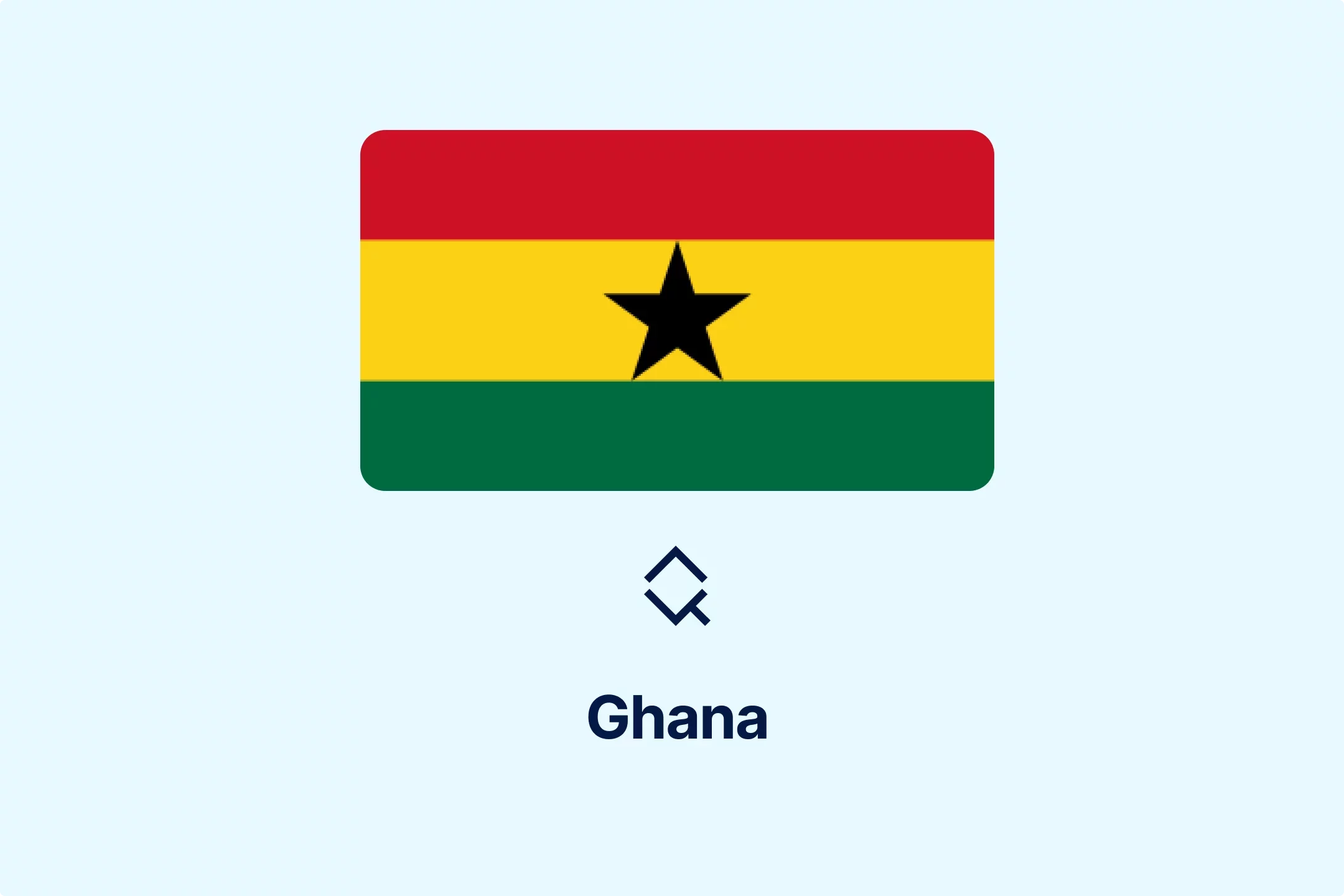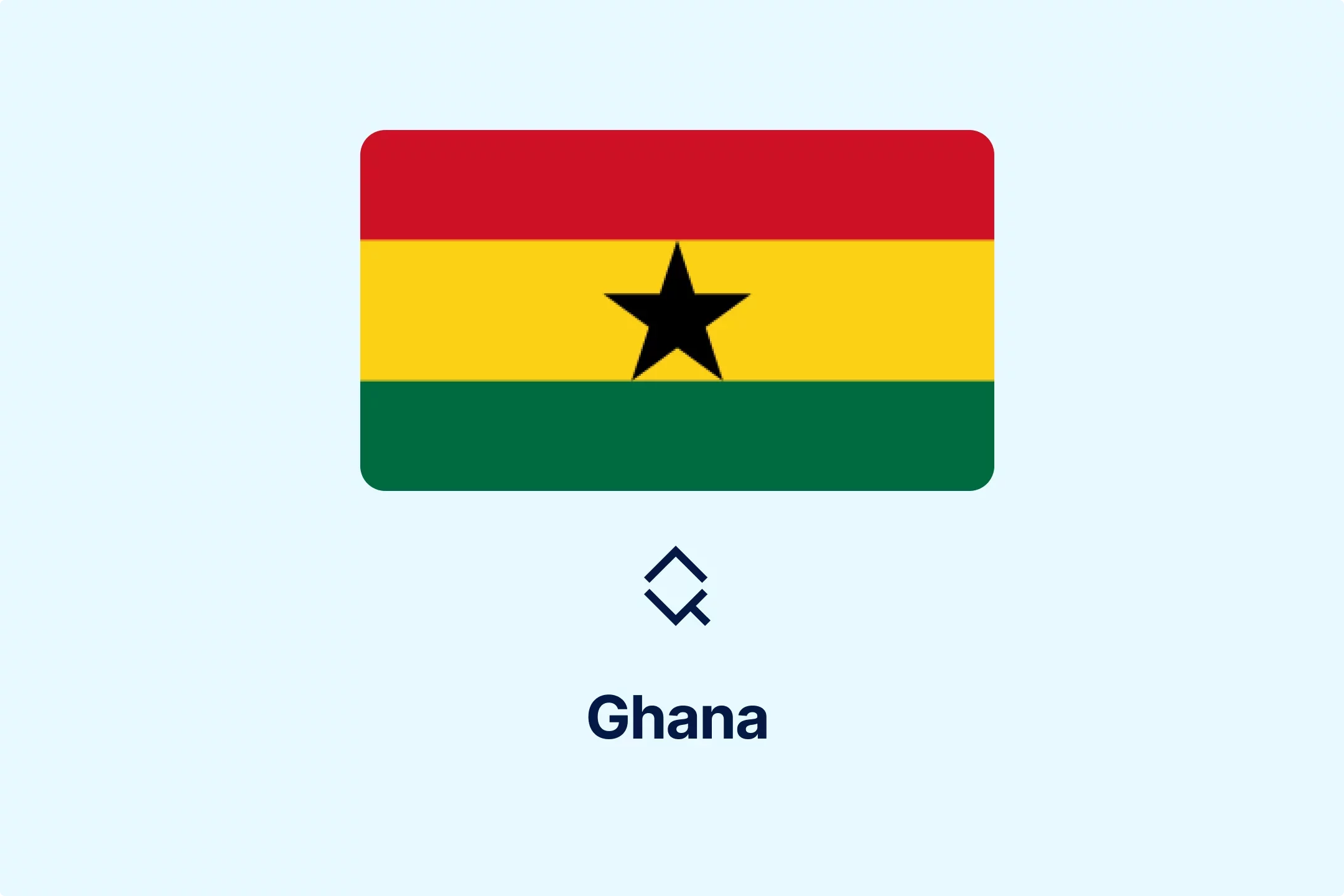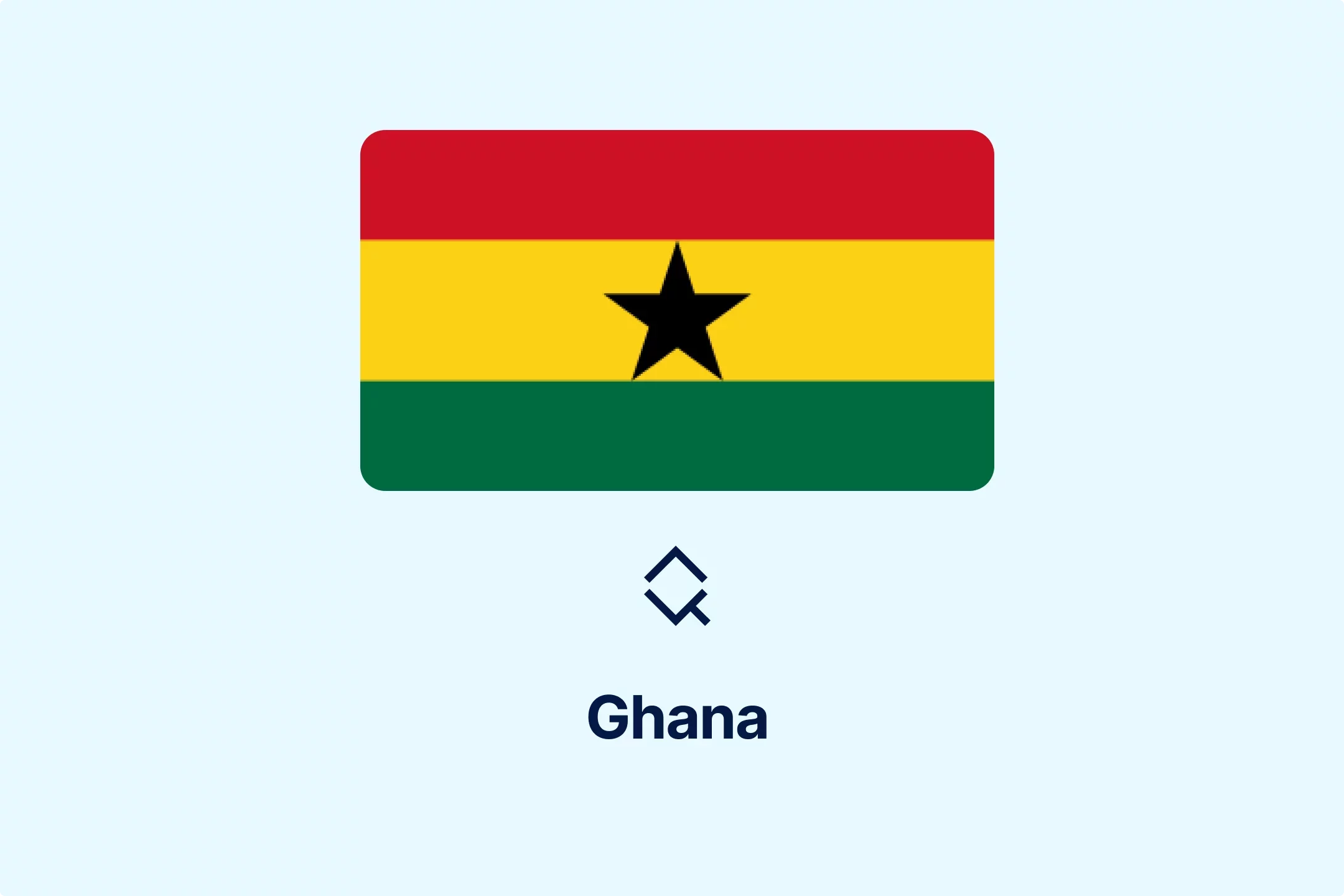Ghana’s 2025 VAT Reform: Key Changes and IMF Guidance

Following the IMF's recommendations on addressing tax neutrality concerns regarding the imposition of three cascading taxes alongside VAT, the Ghanaian government, in its March Budget, stated that it will address the raised issues. Accordingly, in its recently published 2025 Mid-Year Budget Review (Mid-year Budget) report, the Ghanaian government reaffirms its commitment to the tax initiatives introduced in the 2025 Budget Statement, including those related to VAT.
Key VAT Measures From the Mid-year Budget
The IMF recommended that the Ghanaian government address the issue of imposing three cascading taxes alongside VAT: the 2.5% GETFund levy, the 2.5% National Health Insurance Levy (NHIL), and the 1% COVID-19 levy.
Faced with the criticism, the Ghanaian government, in its March Budget, stated that it will consider repealing the COVID-19 levy and separating GETfund and NHIL from VAT. Additionally, the government announced that it will consider measures to lower the VAT burden for households and a review of the VAT flat rate regime.
The newly published Mid-year Budget report confirms that the government will reduce the effective VAT rate and repeal the COVID-19 levy. Furthermore, the government plans to remove the punitive cascading effect of the GETFund and NHIL levies.
Other VAT measures from the Mid-year Budget report include the removal of the 3% and 5% VAT flat rates, unification of all VAT rates into a standard VAT rate, an increase in the VAT registration threshold currently set at GHS 200,000 (approximately USD 19,000), the establishment of more effective measures to boost voluntary compliance rates, and the introduction of fiscal electronic device requirements.
Conclusion
Ghana’s 2025 Mid-Year Budget marks a decisive step toward aligning its VAT system with international best practices and the IMF’s recommendations. The new VAT law, which will amend the existing rules and regulations and reform the VAT system, is scheduled to be presented to Parliament by October 2025. However, while the announced reform promises to improve tax neutrality and encourage voluntary compliance, its effectiveness will hinge on careful implementation and sustained policy commitment.
Source: Government of Ghana - 2025 Mid-Year Fiscal Policy Review

More News from Ghana
Get real-time updates and developments from around the world, keeping you informed and prepared.
-e9lcpxl5nq.webp)







